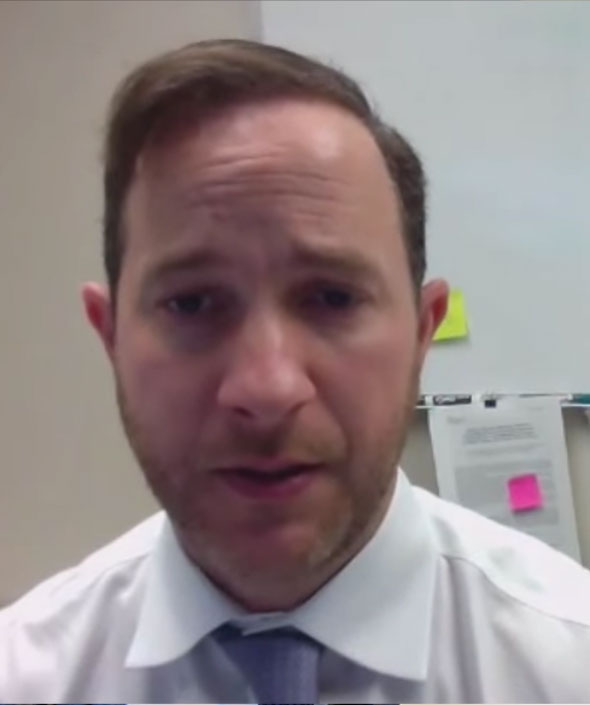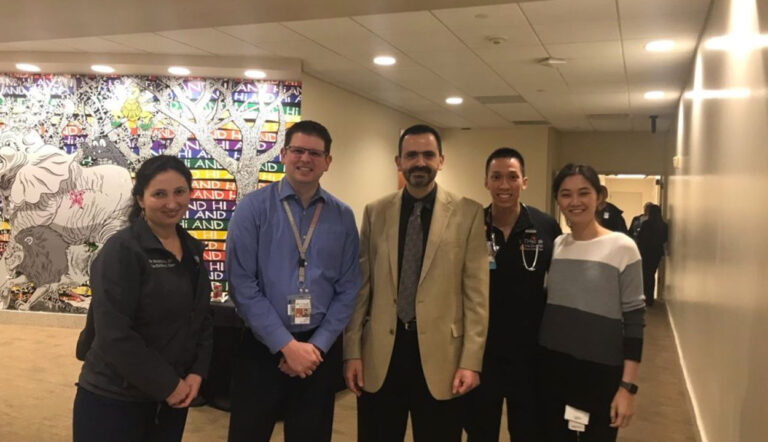We are proud to announce our physician burnout poster session for the Association for Hospital medical Education (AHME) in Fort Lauderdale, Florida, on May 19th and 20th for AHME’s 60th Anniversary. We have since also presented on physician burnout at:
- West Houston Medial center,
- McGill University,
- Conroe Regional Medical Center, and
- Methodist Health System.

Physician burnout, a disease of emotions, is defined as feelings of lack of personal development, becoming cynical, loss of empathy, and gradual erosion of enthusiasm for work. Burnout is likened to a cancer that slowly and silently grows within us. The burn out severity when discovered is similar to advanced cancer stages. Fifty percent of physicians, no matter their stage of education or practice, are burned out. Burnout is worsened by time, suffers from a cumulative effect, has multiple environmental and genetic risk factors, and more difficult to treat in the advanced stages. Burned out physicians are more physically, mentally, emotionally and socially exhausted. Burnout leads to decreased skill in the art and science of medicine and increased Accreditation Council for Graduate Medical Education (ACGME) competency failures. Burnout leads to increased medical errors and poorer physician patient interactions. Students, residents and faculty are almost equally burned out. Residents learn through a written curriculum and a hidden curriculum by observing their mentors. The problem is that they, as well as their mentors, are suffering, and with them the medical system and the patients. This has led to a focused effort by the ACGME to incorporate burnout education, supervision and monitoring in the residency programs to residents and faculty. All physicians “…must cultivate habits of personal renewal, emotional self-awareness, connection with colleagues, adequate support systems, and the ability to find meaning in work …” There is an urgent push to identify burnout risk factors, stage it, study it, and develop a treatment for it. Emotional Intelligence (EI) is a legitimate, proven and successful treatment/intervention modality applicable to all the stages of medical practice. EI is a set of skills and abilities that are observable, measurable and modifiable. It helps us perceive, understand, regulate and manage our emotions and those of others. EI provides us with the tools to be aware of ourselves and others so we can better manage ourselves, others and our burnout symptoms.]]>





